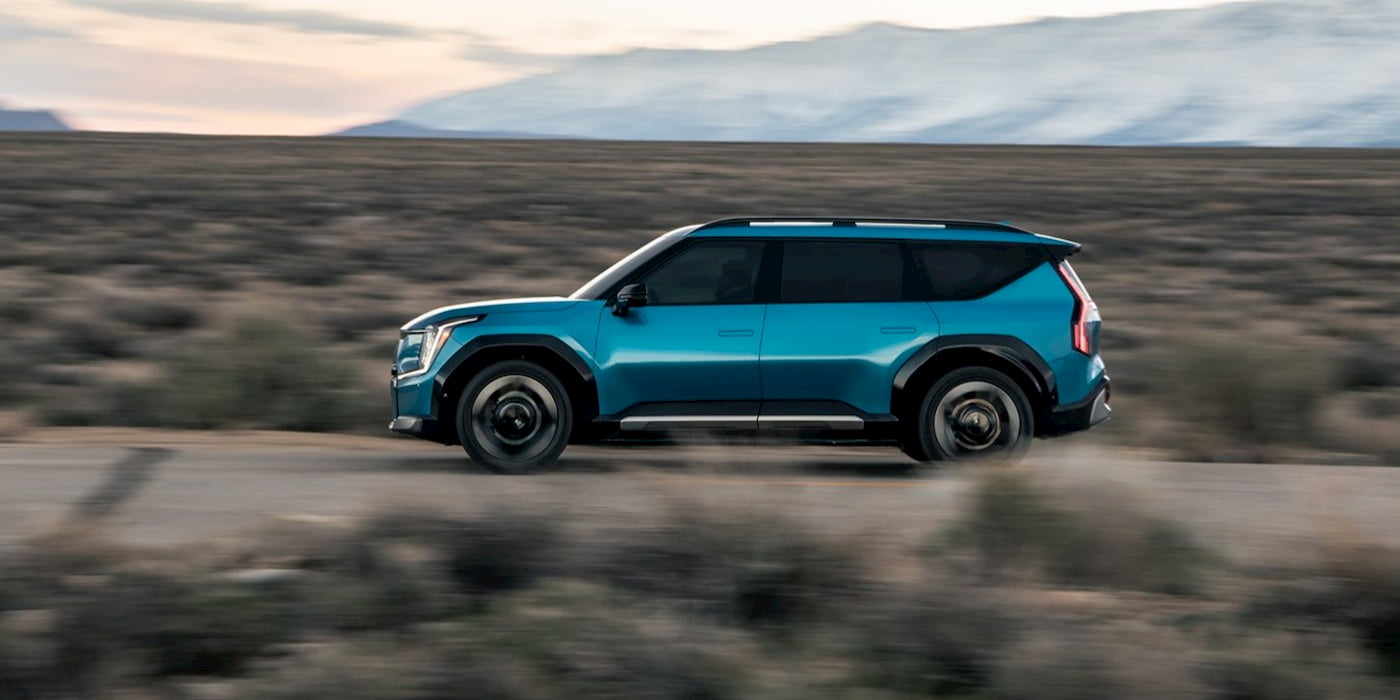
While Ford is canceling plans to launch its three-row electric SUV, overseas brands like Kia, Hyundai, and Volvo are looking to take advantage. By scrapping its larger SUV, Ford opened the door for rivals to take control of the segment.
The “personal bullet train,” as Doug Field, Ford’s head of EVs, called the three-row electric SUV, is no longer part of the plans.
Ford announced a drastic shake-up to its EV strategy on Wednesday, including canceling plans for its first three-row electric SUV. The American automaker will instead focus on a new family of hybrid models.
“The reality is that the market changed,” Marin Gjaja, Ford’s COO, told Reuters on Thursday. Following Ford’s investor day last year, share prices rallied when the model was announced.
However, with pushed-back EV initiatives and growing losses in the second quarter, Ford’s stock is down nearly 20% over the past month as investors question its direction.
Gjaja said Ford’s strategy shift shows the automaker is making moves to produce profitable EVs. Ford also announced it will delay the launch of its next-gen pickup. “Project T3” until the second half of 2027, two years later than expected.
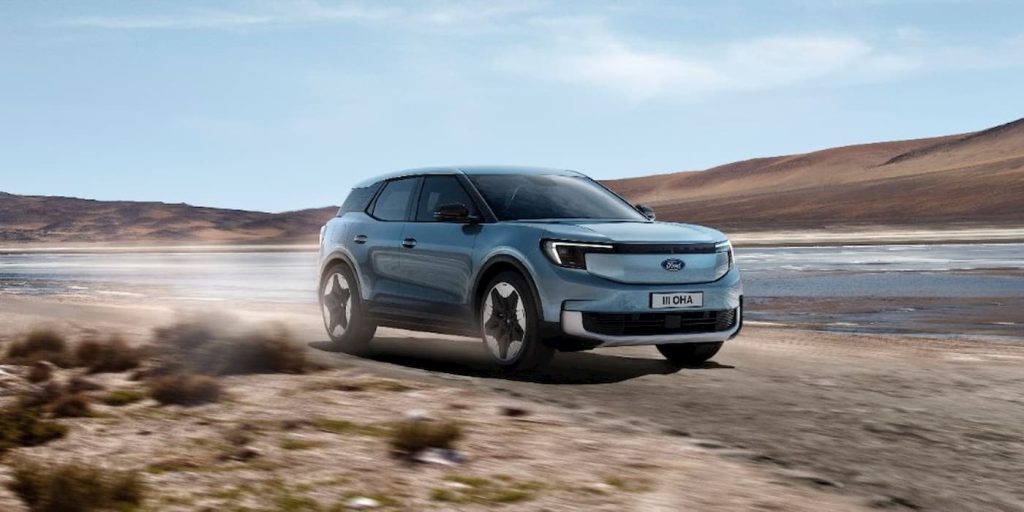
Ford is focusing on its low-cost EV platform. The first model to launch on it will be a more affordable mid-size electric truck in 2027. It will also introduce a “digitally advanced” electric van in 2026. But will it be enough to fend off overseas rivals?
Ford cancels three-row electric SUV while rivals step in
By scrapping its larger electric SUV, Ford is opening the door for overseas rivals to take over the segment.
After launching in the US late last year, Kia has sold nearly 11,500 EV9s through July, its first three-row electric SUV.
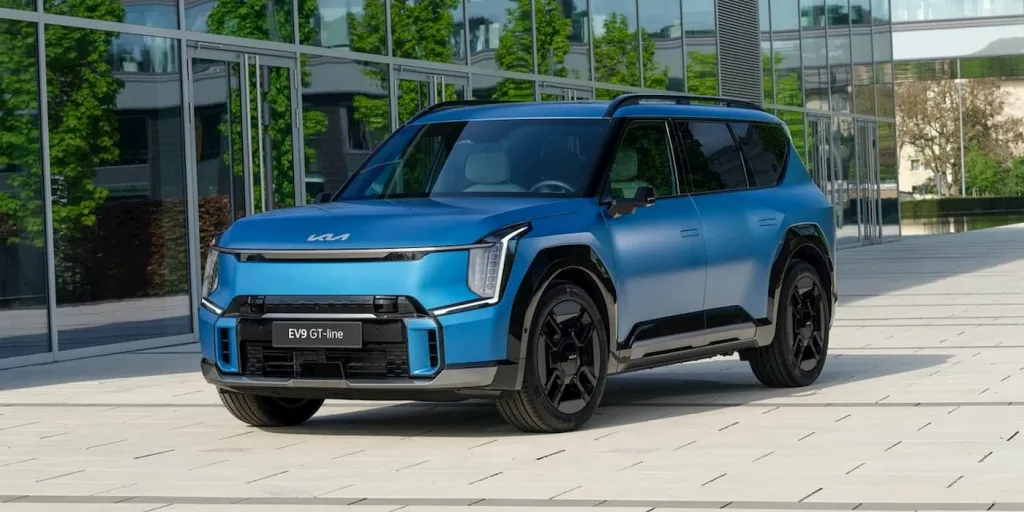
Starting under $55,000, Kia calls the EV9’s price tag a “wake-up call” for the industry. The EV9 was the sixteenth top-selling EV in the US in Q2, topping Kia’s Niro and the Nissan Ariya.
Hyundai, Kia’s sister company, also plans to launch a three-row EV SUV. The IONIQ 9, as it’s expected to be called, will be revealed later this year. Hyundai’s larger electric SUV has been spotted testing in the US several times ahead of its debut (see a video of it here).
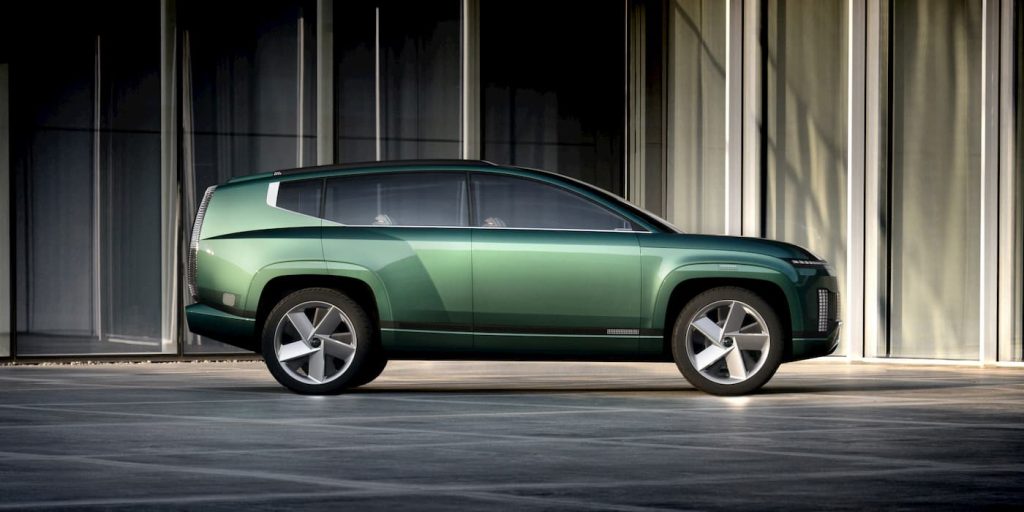
Hyundai Motor Group, including Kia and Genesis, already topped Ford in the second quarter, accounting for 10% of the US electric vehicle market.
Ford was third with 7.4% of the market, followed by GM at 6.3%, according to data from Motor Intelligence.
Volvo is another brand that’s targeting the three-row electric SUV market. The Swedish automaker expects big results from its upcoming EX90, which is scheduled to hit US dealerships later this year.
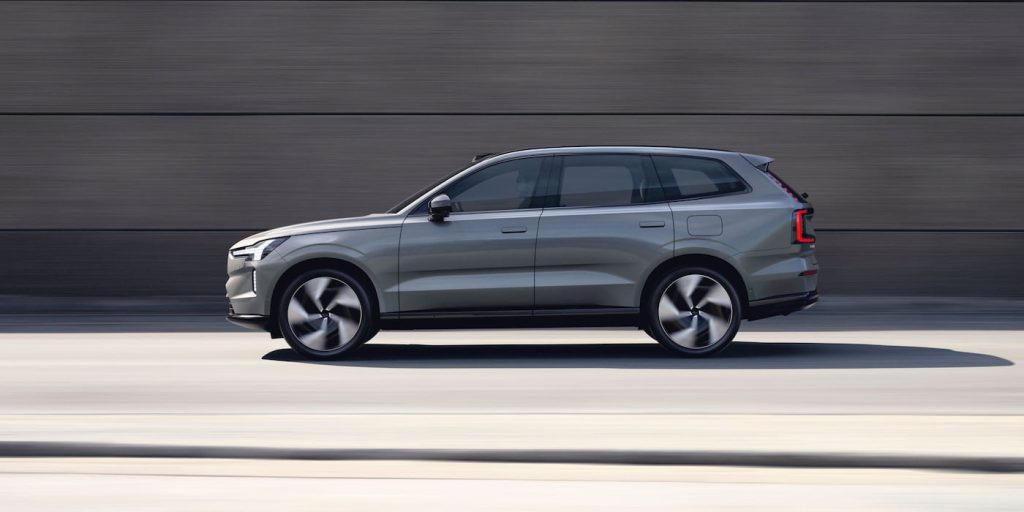
Volvo and Kia are both building electric SUVs in the US as they look to grab a piece of the market.
Rival GM is also planning to begin building its three-row Cadillac Escalade IQ SUV. Meanwhile, after upgrading its Normal, IL plant in April, Rivian expects R1S output to pick up in the second half of the year. Rivian’s R1S was already the sixth top-selling EV in the US in Q2.
Will affordable electric cars be Ford’s savior? Or will it be too little too late by then? Let us know your thoughts in the comments.
FTC: We use income earning auto affiliate links. More.


إرسال تعليق